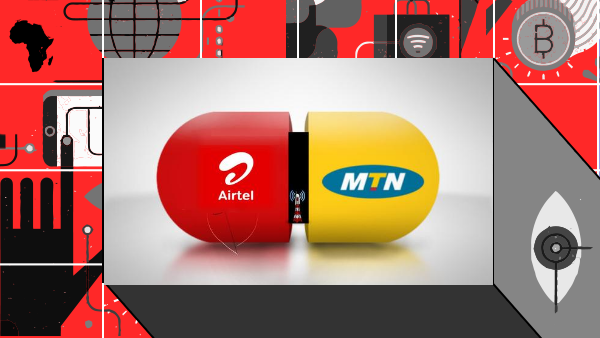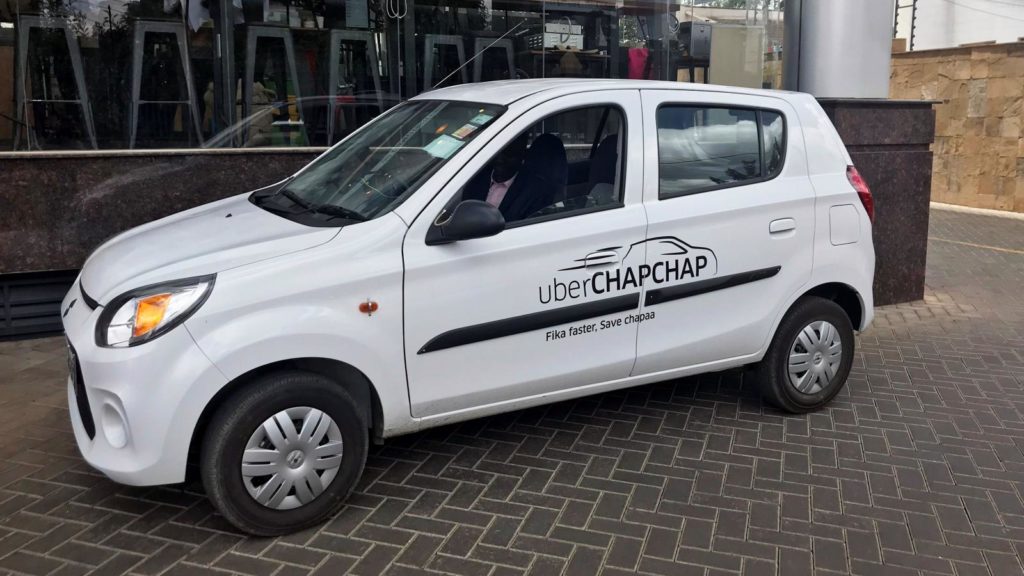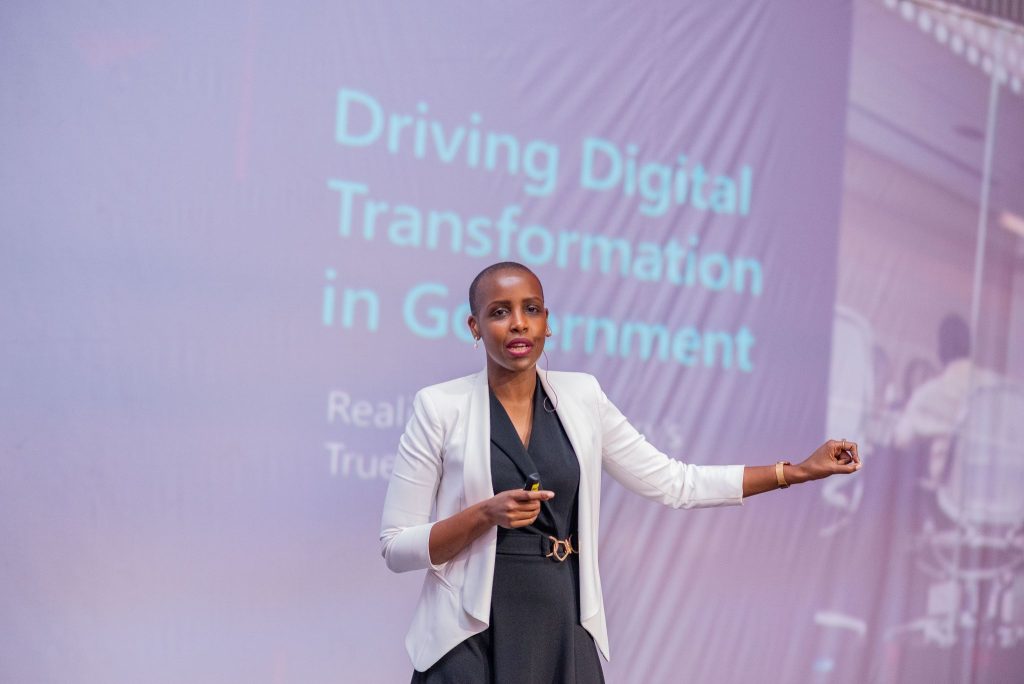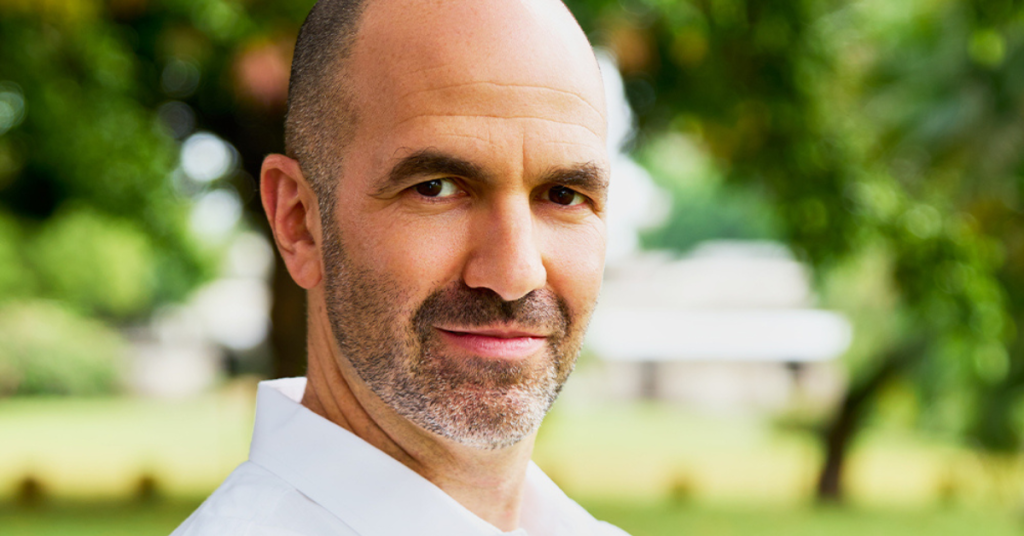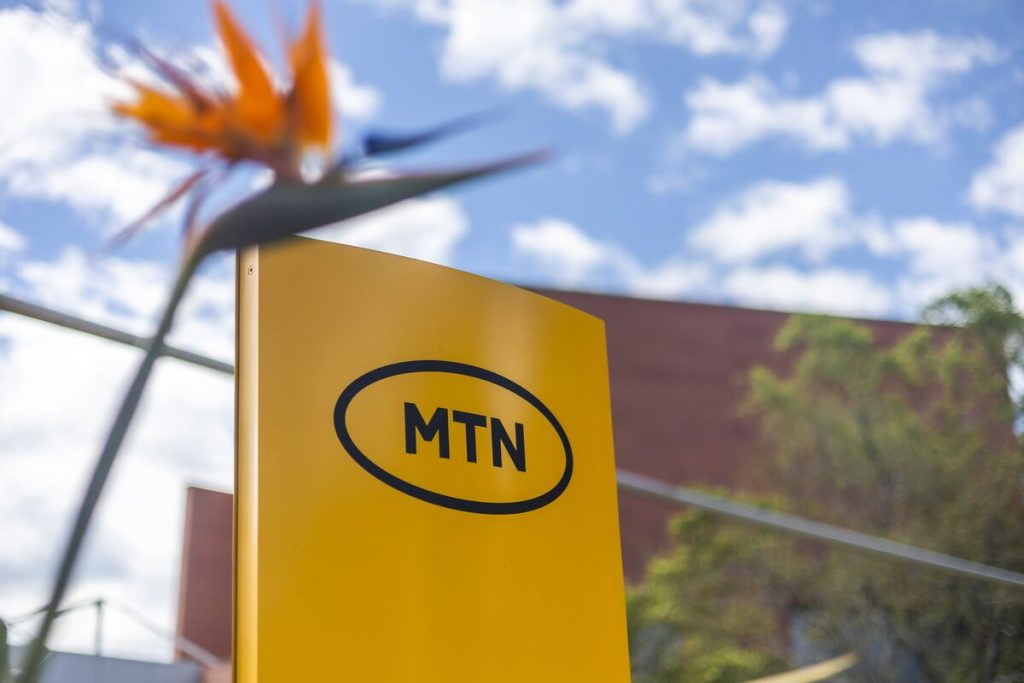|
|
|
|
|
|
|
|
in partnership
with
FLUTTERWAVE & ULTRA |
07.08.2020 |
|
|
|
|
|
Hello there,
Welcome to TC Daily! In today’s digest: Africa’s mobile network providers adjust to life after voice revenue, Nigeria partially outlaws content exclusivity privileges, and a spotlight on Kenya-based Sokowatch.
Please take a moment to subscribe to our newsletter if this email was forwarded to you.
|
|
|
|
|
|
|
|
|
Get access to quality medical consultations from licensed Medical Doctors right from the comfort of your home, at any time and at the tip of your fingers.
Here’s a great opportunity for Medical Practitioners to earn more money from consultations. Learn more here.
|
|
|
|
|
|
|
WhatsApp, Zoom, Google Meet, Skype.
These and more like them are becoming the most-used platforms for voice calls. Their video conferencing features are particularly attractive, placing them above regular call facilities offered by mobile network operators.
MTN, Airtel and Orange are the biggest MNOs in Africa. Each now witnesses reduced revenue as consumers pivot to the over-the-top services listed above. On the positive side, these telcos are raking in more from data consumption but because voice has traditional been their cash cow, some methodical thought is going into plugging the decline there.
For these companies, life beyond data revenue hinges around two major factors: enabling 3G/4G capabilities in their markets and offering value
added services that require data consumption. The latter includes mobile money (like Orange Money), audiovisual streaming (like Music+ and AirtelTV), and bundles for specific OTT services. Abubakar Idris has figures and charts that explain how this shift from voice to data is playing out.
|
|
|
|
|
|
|
|
|
In the name of fighting a perceived monopoly over broadcast rights, the Nigeria Government has adopted a new code that prohibits payTV providers from having exclusive rights to sporting content. The code was drafted by the Nigeria Broadcasting Commission and will bind players in the sector, especially South African company Multichoice.
DStv is the most subscribed payTV platform in Nigeria, relied on for entertainment and sports content. The new code affects them in two distinct ways: they will be forced to share the exclusive content they acquire with local outlets, and they will be mandated to acquire the Nigerian equivalent of whatever sporting content they acquire (say the English Premier League) at the cost of 30% of the acquisition.
It is unclear how these forced mandates could engender competition in the content business, given that burden skews towards one side – the risk-taking content acquirer.
|
|
|
|
|
|
|
Kenya-based ecommerce and logistics company Sokowatch is a realistic ‘Amazon of Africa’ hiding in plain sight. After initially setting up as an online marketplace to match small-scale retailers with groceries distributors, they realised that hands-off model wouldn’t fly in Kenya.
Distributors simply had no motivation to travel all the way to corner shops only to deliver small quantities of milk and foodstuff.
So they set up warehousing and invested in logistics. Four years down the line, Sokowatch now has warehouses operating in 9 cities across Kenya, Uganda, Tanzania and Rwanda. In this week’s edition of The BackEnd, I spoke with the company’s Global Head of Innovation to understand the central role played by tuk tuks (three-wheel vehicles) in the entire value chain.
|
|
|
|
|
|
|
The Trump-led US government has announced a snap executive order banning “transactions” with two Chinese companies: ByteDance, the parent company of TikTok, and Tencent. While we knew the ban on ByteDance was in the works, the inclusion of Tencent is a surprise. It could have huge implications since Tencent has a number of investments in a number of US companies. Among them is
Paystack.
The Africa-focused payments company is a US-registered company. Tencent was an early investor in Paystack and invested in the startup’s Series A round in 2018. If this latest US policy kicks in (after 45) and remains ambiguous, Paystack could be forced to reevaluate Tencent’s stake.
ByteDance on the other hand is an investor in OPay, the Nigerian-based fintech company.
The implications and spin-off conversations from this ban could be bigger for Nigerian/African startups. At the moment, foreign capital plays a greater role in financing African startups than local capital.
Meanwhile, African countries don’t care much about international relations or data protection. So it would feel like an extremely high-level conversation for Nigeria whose Minister of Transportation cares more about China’s interests than Nigeria’s sovereignty.
|
|
|
|
|
In other ecommerce news, Egyptian startup Dresscode has raised a six-figure USD sum in a funding round, according to Disrupt Africa. The two-year-old company connects local designers and manufacturers of fashion accessories like female clothing and beauty products to consumers. They claim to have 9,000 monthly recurring users before fundraising, and will now invest in increasing their capacity for quicker deliveries in one or two days. |
|
|
|
|
|
|
|
|
|
|
|
|
Ultra provides preteens and teens an opportunity to learn high priority skills and tools they will need to take ownership of their learning and future career opportunities in the next decade, with over ten courses designed to foster creativity and innovative thinking from 3D Animation to Game Design & Development, Music Production, Programming, Cybersecurity and Photography and so much more.
Get a 10% discount when you register (https://ultra.ng/summer/) today using code TECHCABAL10.
For more information, call Toju: 08098402777 or Bella: 080171355400. Send an email to hello@ultra.ng
|
|
|
|
|
|
TC LIVE: THE STATE OF TECH
|
|
|
Join us today, Friday, August 7th, as we begin a new TC Live event series titled The State of Tech. The series will dig deep into the startup ecosystems and communities across the continent, outside Nigeria, TechCabal’s HQ location.
For the first episode, we are interviewing, Malinzi Kisadha, Country Manager at Eywa Miles, a tech-enabled transport company. Before Eywa Miles, Kisadha was Founder at Digest Africa, a leading provider of data and insights about African VC and startups. Kisadha is one of the most knowledgable persons about tech in Uganda and in the region.
Kisadha will answers questions about building a tech business in Uganda. Register here to attend the event.
|
|
|
|
|
|
|
|
|
|
|
|
|
That’s all for this week,
|
|
|
See you on Monday.
– Alexander
|
|
|
|
|
Share TC Daily with your friends!
|
|
|
|
|
|
|
Copyright © 2020 Big Cabal Media,
All rights reserved.
You are receiving this email because
you signed up on TechCabal.com
Our mailing address is:
Big Cabal Media
18, Nnobi Street, Animashaun, Surulere, Lagos
Surulere 100001
Nigeria
Add us to your address book
Want to change how you receive these emails? You can
|
|
|
|
|

